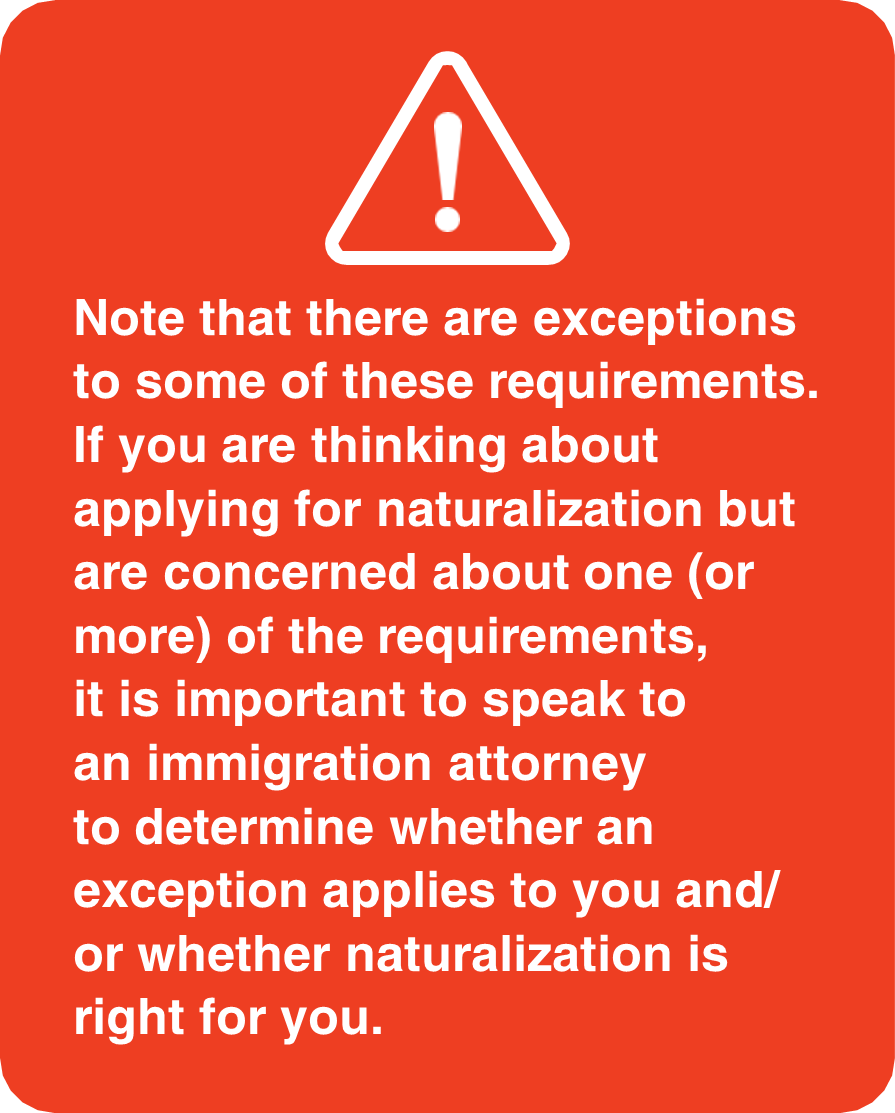OVERVIEW OF THE NATURALIZATION PROCESS AND BASIC REQUIREMENTS
- Tanya Powers

- Jan 19, 2022
- 3 min read
Updated: Aug 2, 2025
What Is Naturalization?
Naturalization is the process by which a lawful permanent resident applies for and is granted U.S. citizenship. U.S. citizenship is a legal status that offers many benefits and responsibilities, including the ability to vote in U.S. federal elections, serve on a jury, travel with a U.S. passport, and bring family members to the United States. Importantly, once obtained, U.S. citizenship cannot be abandoned or lost by spending extended periods of time outside of the United States(as is the case with permanent residence).
When you apply for citizenship, you are taking an oath to support the principles of the U.S. Constitution, to renounce allegiance to a foreign state, and to bear arms on behalf of the United States when required by law. In some cases, obtaining U.S. citizenship may mean losing the citizenship of your home country. This can make applying for U.S. citizenship a very personal decision.
For many people, the naturalization process is relatively simple and straight forward. However, if you have spent extended periods of time outside of the United States, have criminal convictions, or at first glance are unable to meet all naturalization requirements, you should speak to an attorney before making the important decision to apply for U.S. citizenship.
What are the Basic Requirements for Naturalization?

Naturalization applicants must:
Be at least 18 years old
Be a lawful permanent resident (hold a “Green Card”) for at least five years (or three years if you are married to a U.S. citizen)
Be able to demonstrate physical presence in the United States for at least 30 months out of the last five years prior to filing (or 18 months out of the last three years if you are married to a U.S. citizen)
Be able to demonstrate continuous residence in the United States (meaning you have not been outside the United States for more than six months in a row, with some limited exceptions)
Have resided for at least three months in the state where you are filing the naturalization application
Be able to read, write, and speak basic English
Understand the fundamentals of U.S. history and government
Be willing to take the Oath of Allegiance
Meet the good moral character requirements
What Is Good Moral Character?
Good moral character for naturalization purposes means that you have not performed any acts that offend the accepted moral character standards of the community in which you reside. While this definition is vague, the government has a list of crimes and conduct that would make you ineligible for naturalization based on the good moral character requirement.
For example, an applicant can be found to lack good moral character if they:
Have been convicted of murder
Have been convicted of certain aggravated felonies, which include crimes of violence, money laundering, alien smuggling, and document fraud, to name a few
Committed a crime involving moral turpitude
Violated a controlled substance law (whether in the United States or abroad)
Are or were involved in prostitution
Earn their income principally from illegal gambling activities
Willfully failed or refused to support dependents
Are a habitual drunkard
In general, you must show that you have good moral character during the five-year period immediately preceding your application for naturalization and up to the time of the Oath of Allegiance. However, USCIS may also look at conduct prior to the five-year period in certain circumstances.

What Is the Naturalization Process Like?
When you complete and submit an application to USCIS, you provide them with biographic information, including your name, address history, travel history outside the United States, children, etc. After the application is filed with the appropriate government filing fee, you will receive a receipt notice containing a number that allows you to track your case online. Weeks to month later, you will receive a biometrics appointment notice asking you to have your fingerprints and photo taken at your local USCIS office. Then, you wait to be scheduled for your naturalization interview. At the interview, an officer will test your knowledge of English and U.S. civics. You can find materials to help you study for the tests on the USCIS website.
If you pass the test and meet all other requirements for naturalization, you are scheduled for a naturalization ceremony, which is where you will take the Oath of Allegiance to the United States and officially become a U.S. citizen!
If you have questions about the naturalization process, we encourage you to contact our office at Powers Immigration Law at (704) 556-1156.
©2021 American Immigration Lawyers Association |
AILA is the national bar association of immigration lawyers comprised of over 15,000 members located in every state of the United States and worldwide. |








Comments